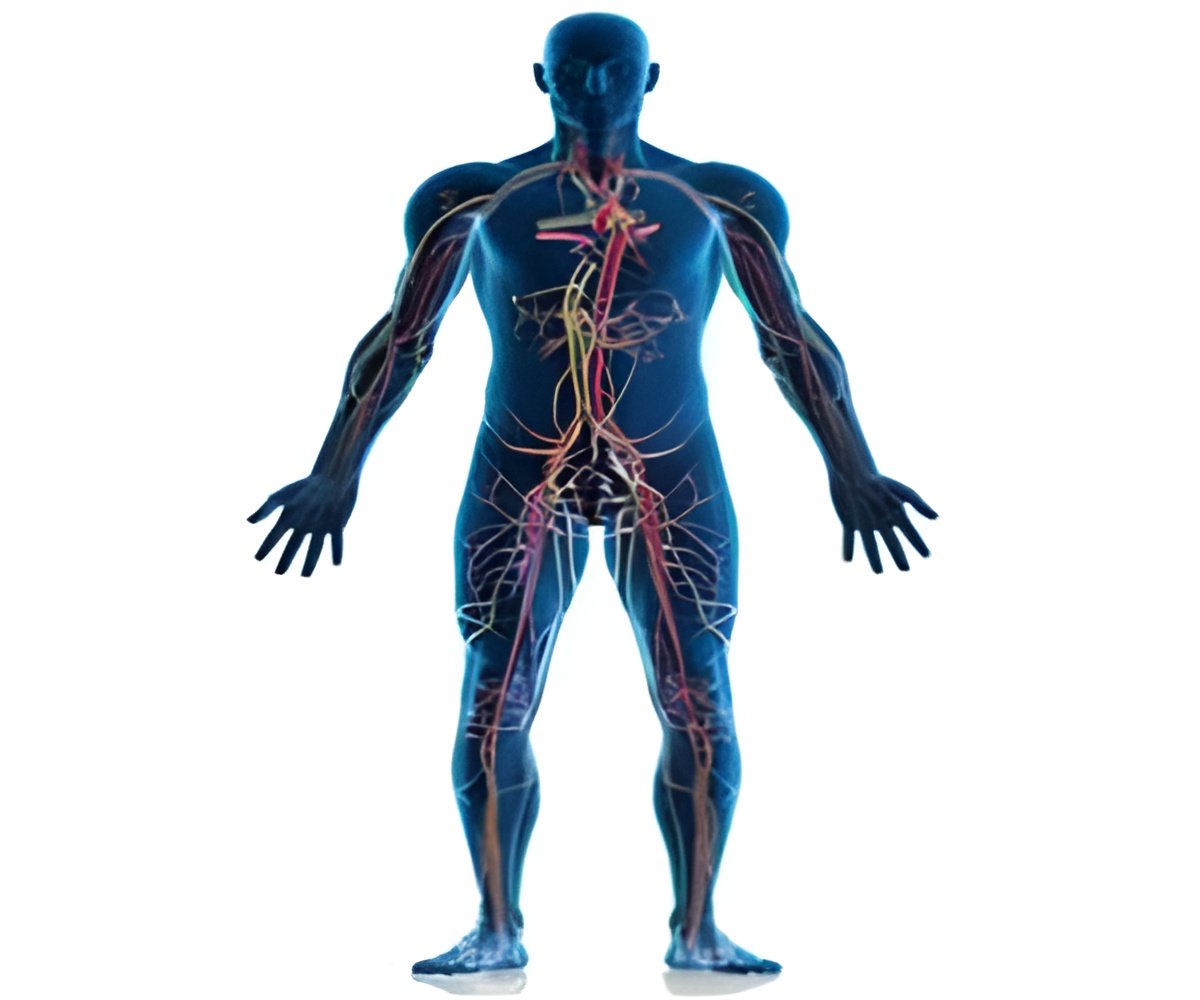
Microtubules are long, hollow cylinders that are a component of the cytoskeleton in all cells of the body. They also support transport of molecules within the cell and facilitate growth. They are made up of polymers of a building-block substance called tubulin.
"Except for neurons, cells' microtubules are in constant dynamic flux -- being taking apart and rebuilt," says Scott Brady, professor and head of anatomy and cell biology at UIC and principal investigator on the study. But only neurons grow so long, he said, and once created they must endure throughout a person's life, as much as 80 to 100 years. The microtubules of neurons are able to withstand laboratory conditions that cause other cells' microtubules to break apart.
Brady had been able to show some time ago that the neuron's stability depended on a modification of tubulin.
"But when we tried to figure out what the modification was, we didn't have the tools," he said.
Yuyu Song, a former graduate student in Brady's lab and the first author of the study, took up the question. "It was like a detective story with many possibilities that had to be ruled out one by one," she said. Song, who is now a post-doctoral fellow at Howard Hughes Medical Institute at Yale School of Medicine, used a variety of methods to determine the nature of the modification and where it occurs.
Advertisement
The blocking of a vulnerable site on tubulin would explain the extraordinary stability of neuron microtubules, said Brady. However, convincing others required the "thorough and elegant work" that Song brought to it, he said. "It's such a radical finding that we needed to show all the key steps along the way."
Advertisement
Source-Eurekalert











